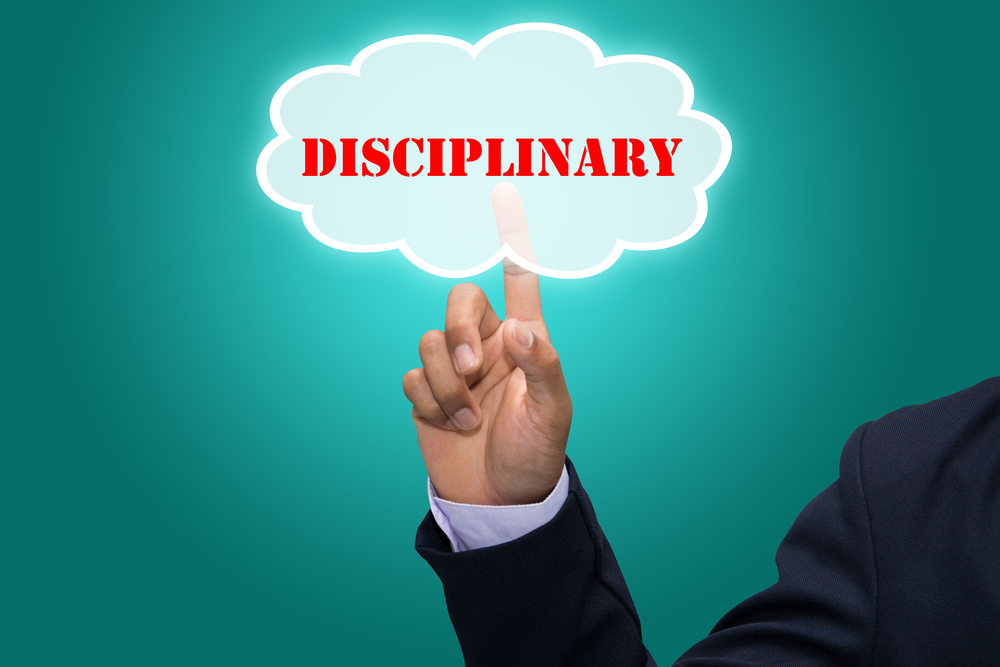Disciplinary action: HR guide

Introduction
In this guide on disciplinary action I cover unfair dismissal, the Acas code, informal discussions, investigations, hearings and appeals.
Unfair dismissal
Generally, employees who have at least two years’ continuous service are able to bring claims for unfair dismissal. An employer can defend an unfair dismissal by showing a fair reason for dismissal, such as misconduct or poor performance, and that the employer acted reasonably in treating the reason as sufficient justification for dismissal.
In misconduct cases the dismissal will only be fair if the employer believed the employee to be guilty of the misconduct, had reasonable grounds for believing that the employee was guilty of the misconduct and carried out a reasonable investigation. The employer’s decision to dismiss must also fall in the reasonable band of responses open to an employer.
In performance cases the fairness of the dismissal will depend on whether the employee had an opportunity to improve their performance and was provided with corrective action. This would usually involve a series of warnings.
Whether the matter concerns misconduct or performance, the key thing is that the employee needs to know the case against them, be able to put their side of the case at a hearing and be given an opportunity to appeal the decision.
If an employee does not have two years’ continuous service some employers may choose not to follow all aspects of their disciplinary procedures. However, employers do need to be cautious as employees could try and bring other claims such as for discrimination, which have no length of service requirement.
The Acas Code 0f Practice on Disciplinary and Grievance Procedures
Employers need to be aware of the Advisory, Conciliation and Arbitration Service (Acas) Code of Practice on Disciplinary and Grievance Procedures (the Code). A failure to follow the Code does not make an organisation liable to proceedings. However, employment tribunals must take the Code into account when considering whether an employer has acted reasonably or not. If an employee wins an unfair dismissal claim tribunals are also able to adjust awards up or down by 25 percent for unreasonable failure to comply with any part of the Code by the employer or the employee.
The Acas guide on discipline and grievances at work does not have to be taken into account by employment tribunals, but the guide provides helpful tips on how to handle disciplinary issues.
Informal discussion
Sometimes it may be appropriate to resolve matters informally.
If, for example, an employee has been late for work, having an informal chat with the employee could be all that is required. Should the employee fail to rectify their conduct then of course it would be open for the employer to invoke the formal process. The discussion ought to be confidential and a record made.
Investigation
If invoking formal procedures is necessary, once the allegations have been outlined to the employee, the employer will need to investigate matters. Acas has published a guide on conducting workplace investigations.
A person would normally be appointed to investigate the allegations.
The level of investigation will depend on the circumstances of the case. Even when an employee makes an admission there should be some further investigation, which could, for example, reveal mitigating circumstances.
Where there is a serious misconduct allegation it may be appropriate to suspend the employee pending investigations. It is important to check whether the employment contract allows for suspension and the perimeters. Usually suspension would be on full pay, and the employer should stress that it is a neutral act and in no way an indication of guilt.
Disciplinary hearing
Should there be case to answer, the employer will need to write to the employee explaining the outcome of the investigation and inviting the employee to a disciplinary hearing. The employer will need to set out the possible consequences if the allegations are proven.
The employer must also provide the employee with all evidence that the employer shall be relying upon and the names of any witnesses who will be attending.
Where possible the person chairing the disciplinary hearing should not have been the person who was investigating the allegation.
Workers have the right to be accompanied to a disciplinary hearing by a trade union representative or a fellow worker.
After the disciplinary hearing the employee must be informed of the employer’s decision and their right of appeal. This must be done without reasonable delay.
Appeal
Any appeal should be dealt with impartially and wherever possible by someone not previously involved in the case. The person hearing the appeal should also, ideally, be more senior than the person chairing the disciplinary hearing.
This guide is intended for guidance only and should not be relied upon for specific advice.
If you need any advice on disciplinary action issues or have other employment law queries please do not hesitate to contact me on 020 3797 1264.
Do check mattgingell.com regularly for updated information.





